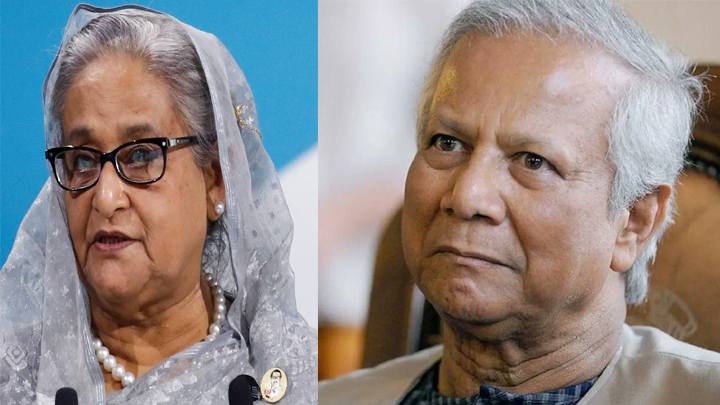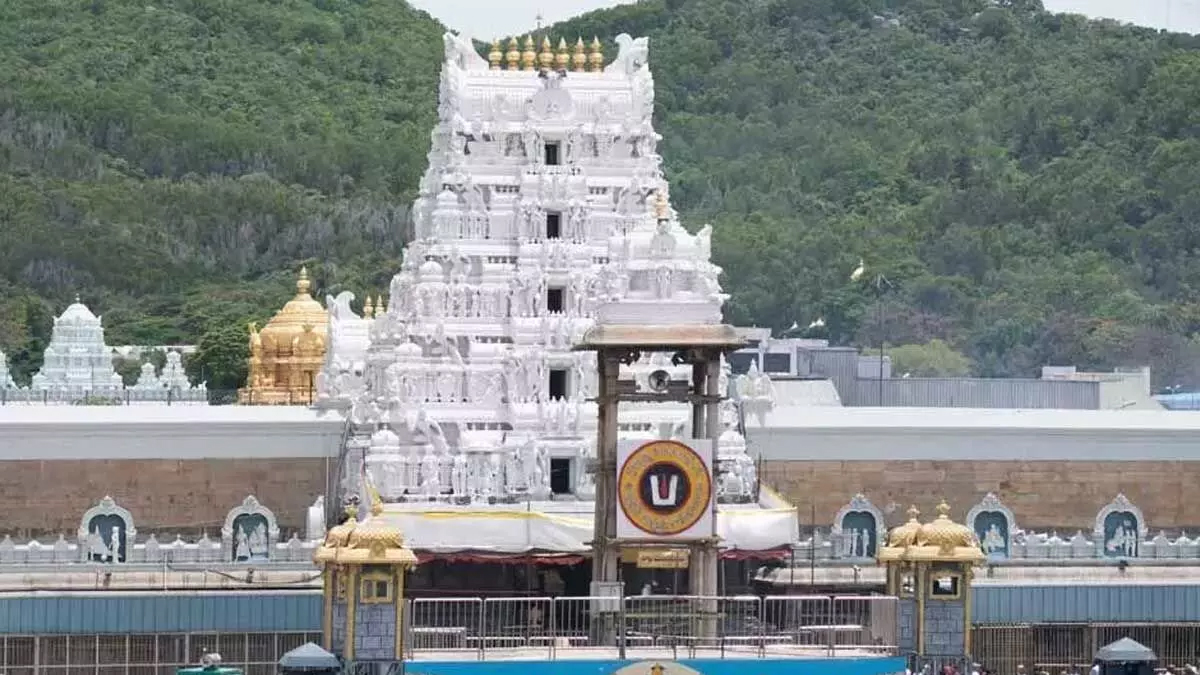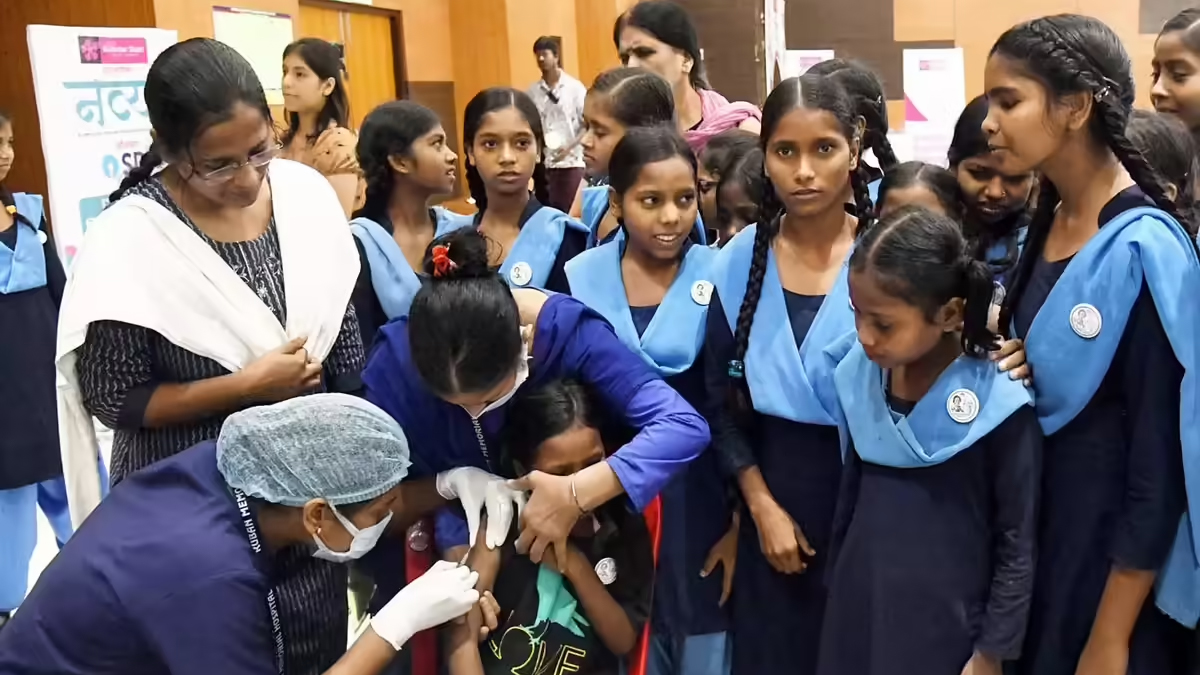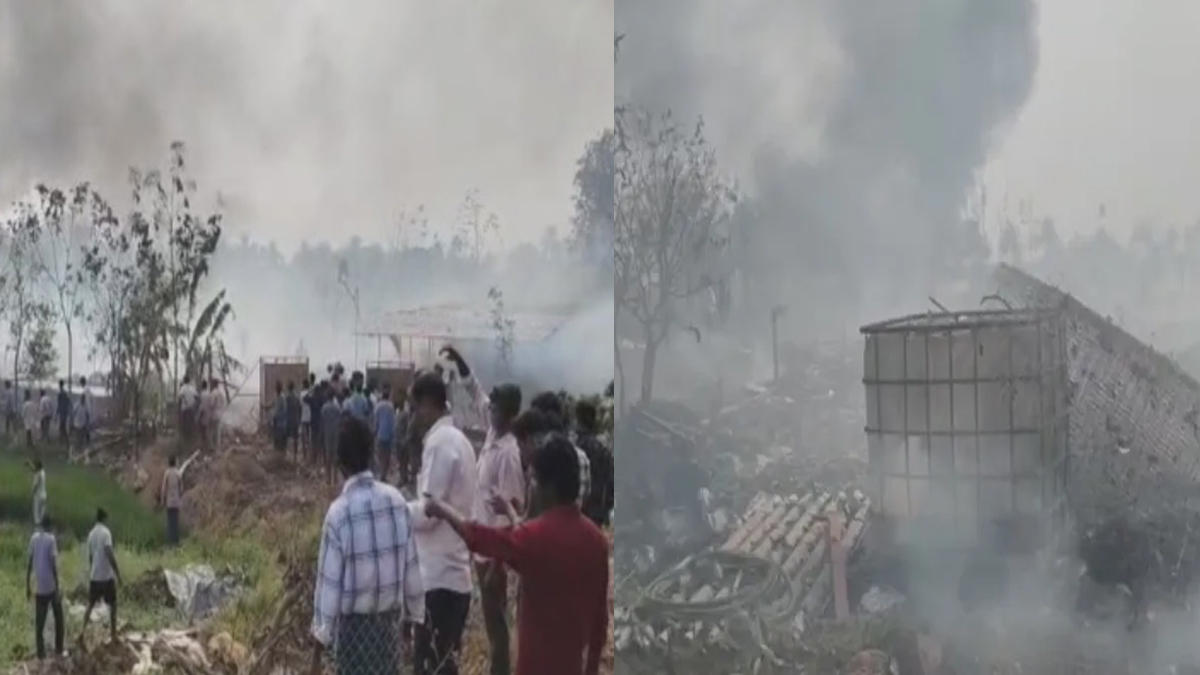The interim government of Bangladesh, led by Nobel laureate Muhammad Yunus, has officially requested India to extradite former Prime Minister Sheikh Hasina, who is believed to have taken refuge there after fleeing the country in August 2024. The appeal, rooted in what the government describes as “moral responsibility and conscience-based justice,” urges India not to shelter someone accused of crimes against humanity.
Sheikh Hasina, who served as Bangladesh’s Prime Minister for over 20 years across multiple terms — most recently from 2009 to 2025 — was unseated following unprecedented civil unrest. What began in 2024 as student protests against civil service reservation policies quickly spiraled into a nationwide uprising, triggered by violent crackdowns reportedly ordered by her government. According to a BBC investigation, security forces opened fire on protesters, leading to the deaths of nearly 1,400 people and eventually forcing Hasina out of power.
The International Criminal Tribunal (ICT) has since charged Hasina and over 200 others with crimes linked to the brutal suppression of the protests. As of now, 73 of the accused are in custody, and fresh evidence from the Jatrabari incident points to at least 52 deaths in a single episode of violence.
Citing multiple legal cases pending against her and the scale of alleged human rights violations, the Bangladeshi government maintains that “no one is above the law” and that justice must be delivered to the victims. The call now puts India in a diplomatic dilemma, with growing international attention on whether it will comply or offer continued protection to its once-close political ally.










